By the time your baby turns 6 months, they must have already mastered a lot of skills. From hearing their endless cries to sleepless nights, it must have been a long journey, isn’t it? What should you look out for now? Let us look at a list of milestones that your baby might follow by 6 months of age.
Milestones to expect by 6 months:
Let us look at the milestones that can be expected in a baby aged 4-6 months:
Physical milestones:
Improved movement in limbs: Your baby can move their hands and legs more freely by 4-6 months. By 6 months, babies can also sit properly when positioned well.
Better head control: Babies can raise their head when they lie down and have better head control due to growing muscle development.
Development of pincer grasp: Your baby can grasp objects better. This would include objects like a rattle or a toy.
Improved vision: Your baby can differentiate between different colours. They can also stare for a longer time at objects and even follow you with their eyes as you move around.
Feeding readiness: The baby can start weaning by 6 months of age. This means that they can start consuming soft mashed fruits or well-cooked veggies. They would also show interest in foods and move foods to the back of the mouth to swallow.
Cognitive milestones:
Growing curiosity: They get more curious about their surroundings, people, and objects. They may try to hold objects out of their reach.
Tracks objects: Looks for toys or objects that have rolled away or have been moved from their original position.
Puts objects in mouth: Babies use their hands and mouths to understand objects. They would try to put non-edible items into their mouth.
Emotional and social milestones:
Recognizes faces: Babies can look at themselves in a mirror and recognize themselves. They can also recognize other familiar faces.
Makes sounds: Apart from babbling, a baby can make new sounds. They might also be able to respond to their name being called.
Likes to play and interact with others: They can enjoy playing with others and cry when the playtime is over.
Responds to emotions: Baby can smile in response to being smiled at and even start crying when other children or babies around them cry.
When should you be concerned?
If your baby’s movements seem stiff or clumsy, then it can be a cause of concern. If the baby does not respond to sounds, it might also be a red flag. If you feel something is wrong, approach the pediatrician immediately. That being said, each child develops differently, and not every delayed milestone should be a red flag.
Conclusion:
When your baby reaches 6 months, understand that it is an age filled with exploration and curiosity-driven behaviour. Each baby’s journey is unique, so do not panic if your baby does not tick every box. Instead, it is better to support and encourage them.

